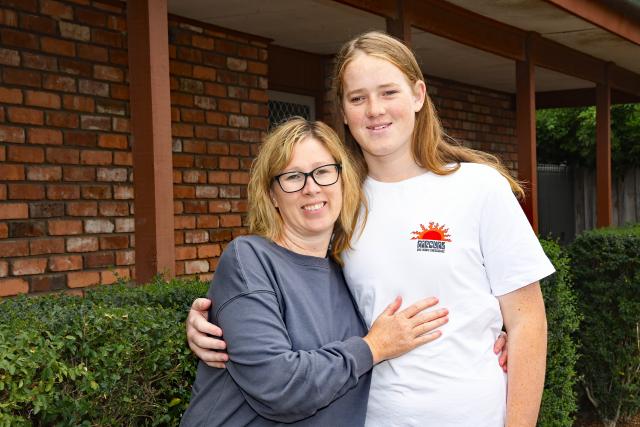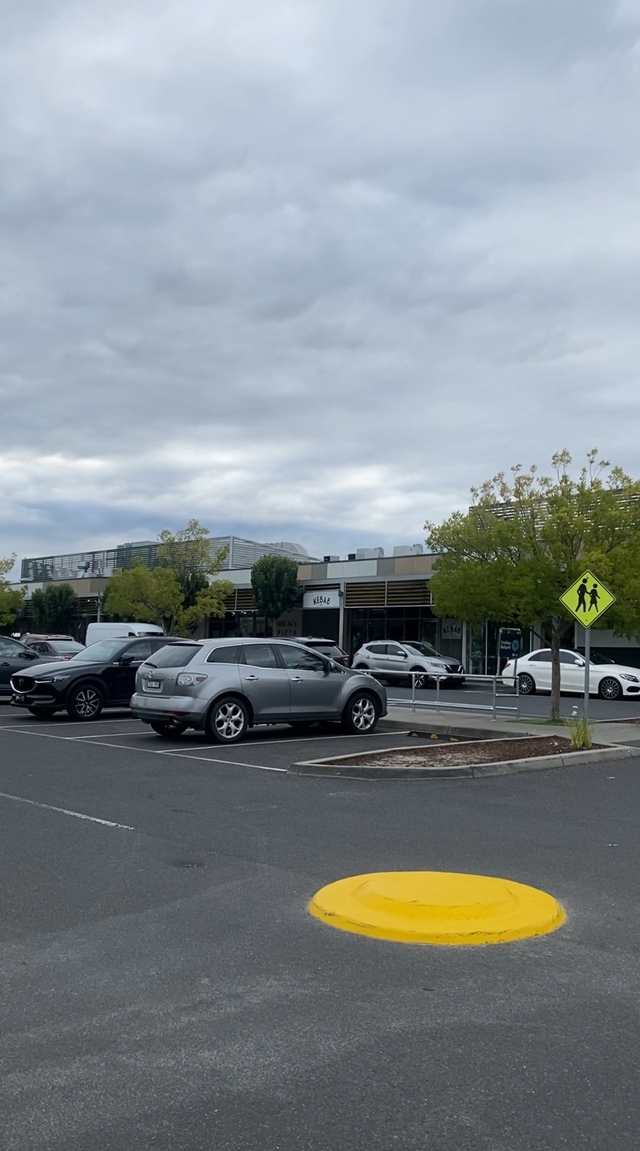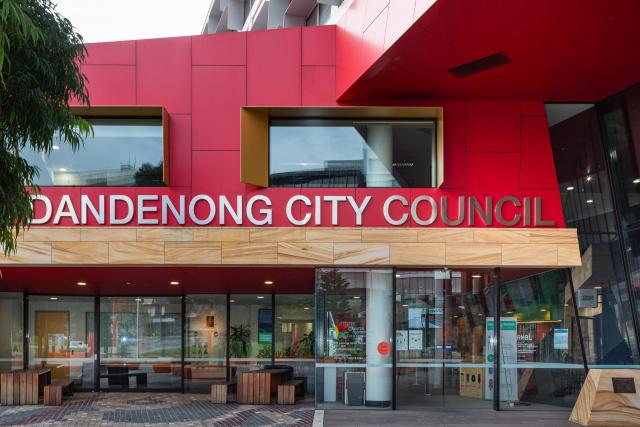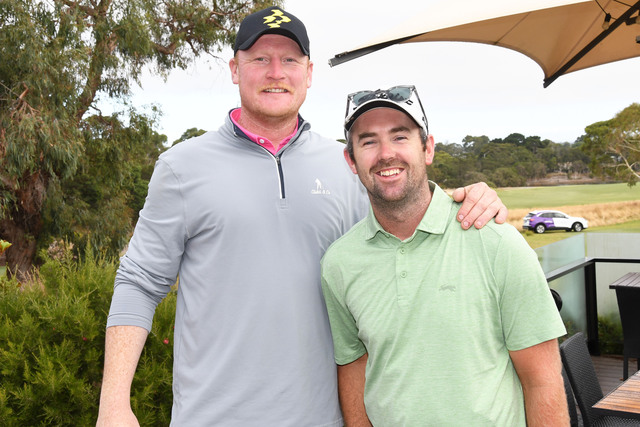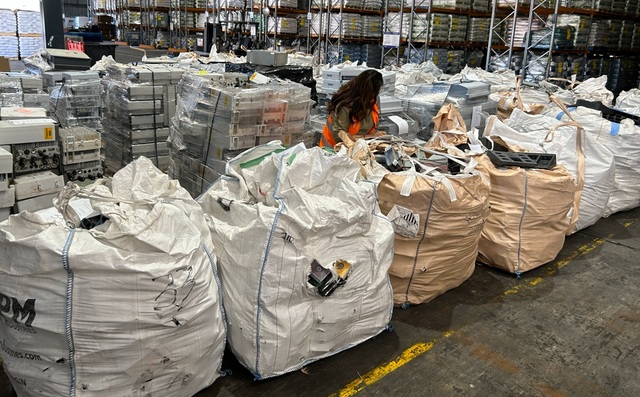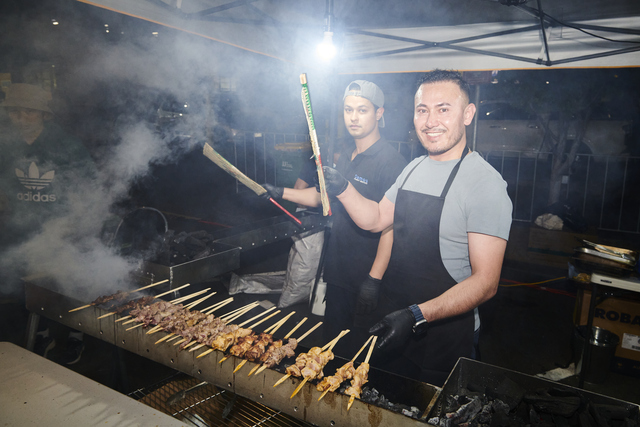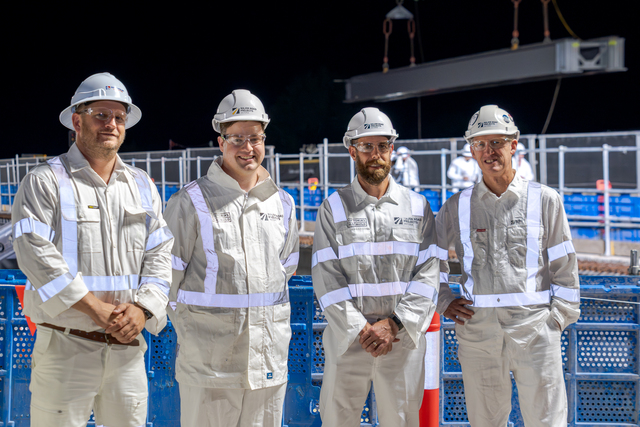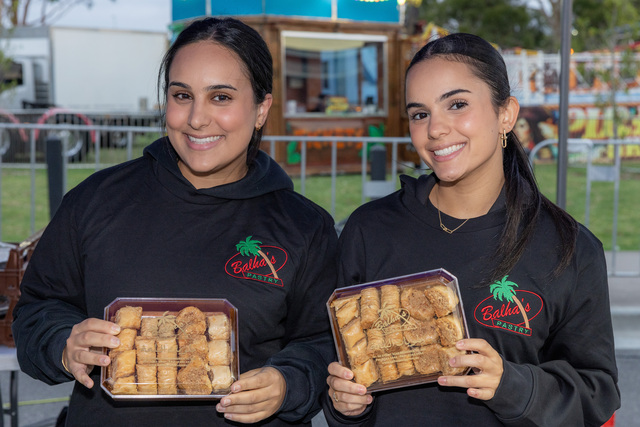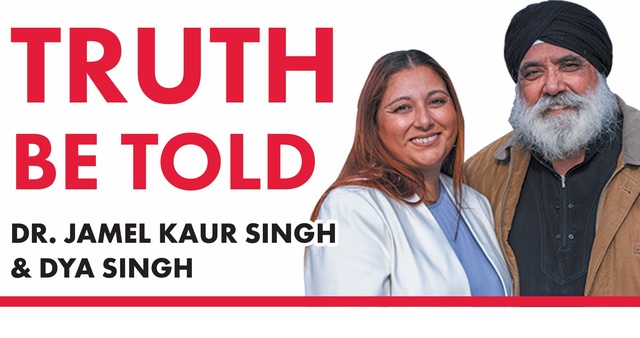When Pearcedale’s Ryley Jakstas first started climbing into his mum Brooke Skilton’s bed as a three-year-old complaining of headaches, doctors put it down to a simple case of separation anxiety.
Little did his family and the staff at the Royal Children’s Hospital anticipate the root cause of distress and chain of events that would follow, as the family became all-too familiar with the one hour-plus journey from the outskirts of Western Port Bay into Parkville.
An eagle-eyed doctor noticed that he was struggling with his right eye at the time and suggested an eye-test, where a pale optic nerve was identified by the optometrist, and a trip to the Children’s was determined as the best course of action.
“They did an MRI (on Ryley) and told me they had found a mass behind his eyes that needed surgery,” Ms Skilton recalled.
The growth of the craniopharyngioma had damaged his optic nerve and robbed him of vision in his right eye, and the resulting operation to remove the tumour would become “the longest nine hours of my life” for Ms Skilton, who felt like she was part of a movie scene.
“It was like a time-lapse where you see people in the waiting room come-and-go.
“We waited for nine hours and there were no updates or anything because it was a Saturday.
“They did say, ‘It’ll be five or six hours but don’t worry if it’s longer.’”
As a result of his surgery he spent 10 days as an in-patient at the Children’s, and had his pituitary gland, which produces vital hormones, removed, requiring establishing a regime of hormone injections and the onset of diabetes insipidus.
Months later, when the tumour on his brain resurfaced, he underwent a second delicate craniotomy in six months, this time on the opposite side of his head, to compliment his first scar.
Add 30 rounds of radiotherapy at Peter MacCallum Cancer Centre as a five-year-old to his already bountiful resume of hospital experiences and Ryley had spent more time in hospital in his short time in the world than many do in a lifetime.
Aside from giving himself growth hormone injections since the age of six, only utilising his left eye and missing days of school here-and-there for appointments, Ryley, now 16, has been able to live a regular childhood largely uninhibited by his condition, having played Auskick, junior football, cricket and recently, golf.
He is an accomplished saxophonist, and is currently looking to apply for a learner’s permit, vision permitting.
“It (my right eye) doesn’t effect me too much,” Ryley said.
“I have every now and then wondered what it would be like to see out of my right eye but I’ve learnt to live with it.”
Biannual MRIs and quarterly appointments with his endocrinologist to manage Ryley’s hormones have become fixtures in the Skilton family calendar and served to strengthen the relationship between the family, staff and hospital.
“The RCH has been amazing,” Ms Skilton said.
“The staff on the endocrinology ward, I just ring them and say ‘Hi I’m Ryley’s mum’ and they know who I am.
“They must deal with so many people and the girl that answers the phone, she’s been there since we started going there.
“It could be three in the morning and I’m on call to the call registrar and the endocrinology team because I don’t know what to do, and they’ve always provided that support.
“It’s great having that continuity and it’s great knowing that you can ring and they know who you are, who you need to speak to, how urgent it is and you don’t have to re-tell the story every time.”
On Friday 15 April the hospital will be running their annual Good Friday Appeal, raising vital funds for research, equipment, technology, training, patient and family care.
As a result of her experiences in and around hospitals during the course of Ryley’s treatment, Ms Skilton left her 20-year career as a public servant in the public housing department behind to undertake a diploma of nursing, allowing her to better understand and administer Ryley’s medication and injections.
As the mother of a regular patient and a medical professional herself, Ms Skilton is better placed than most to understand the complexities and stresses of hospital life, particularly having worked on the frontline throughout the pandemic in all-manner of personal protective equipment, to keep herself and her family shielded from the virus.
She sung the praises of those at the RCH and everything that they have provided for her family over the course of Ryley’s journey.
“The fact that we’ve had access to everything along the way and it hasn’t been difficult to find information, we’re just so grateful.
“Being a parent, I could never work with kids, it would be too hard.
“Anyone who works in that kind of setting, to me, is a hero.”
Rebecca Cowan, the Good Friday Appeal’s executive director, thanked Victorians for their bigheartedness once again.
“We’re beyond grateful to the generosity of all Victorian communities and beyond who have donated to this year’s Good Friday Appeal,” Ms Cowan said.
“Thank you to everyone who has come together once again to support The Royal Children’s Hospital to remain a world-class facility helping sick Australian children and families.”
To donate to the appeal head to goodfridayappeal.com.au or call 1300 APPEAL (277325) between 9am and midnight.

